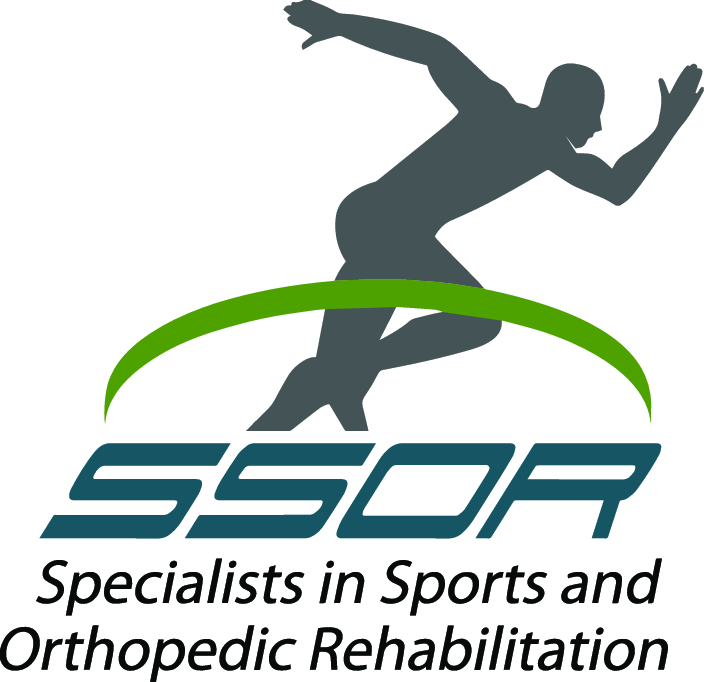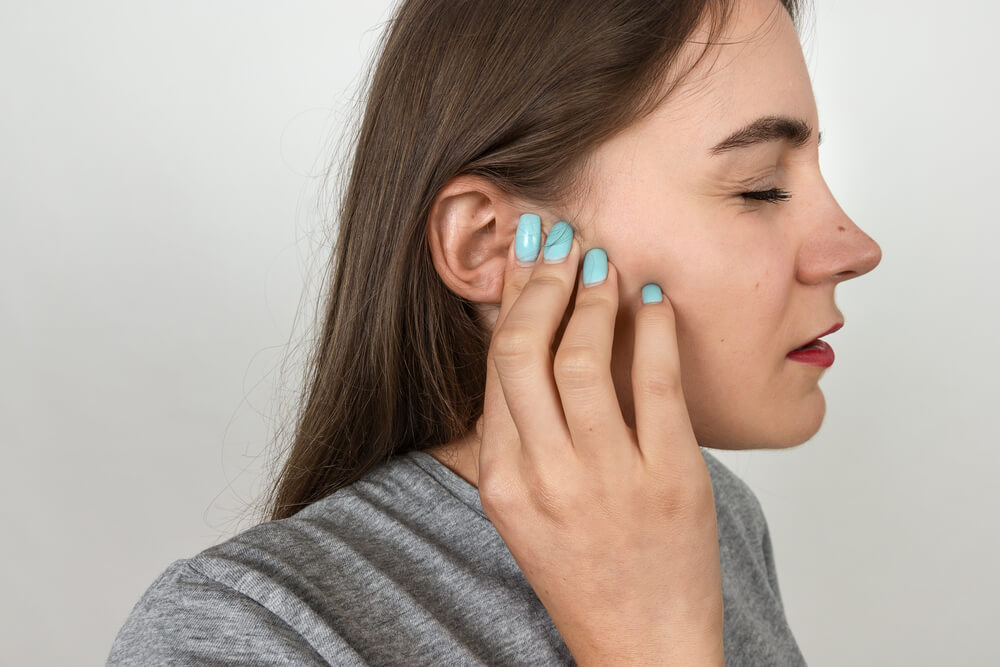While it’s always bothersome to feel pain that interferes with your day-to-day life, it can be even worse when it comes and goes. No one wants to feel relieved when a pain goes away, thinking it’s gone for good, just for it to recur soon after.
TMJ dysfunction is a condition that can cause long-lasting problems for many people. While the pain and discomfort itself are often temporary, it’s not uncommon to experience a flare-up every now and then. But what causes your TMJ pain to occur? That’s what we’re here to teach you about.
We’re going to talk about TMJ dysfunction, what could be causing your flare-ups and physical therapy treatments that can help.
The basics of TMJ dysfunction
TMJ dysfunction refers to a condition that stems from the temporomandibular joint, which is the joint that connects your skull to your jawbone. It works as a sliding hinge that helps you move your jaw while you eat and speak.
TMJ dysfunction is commonly known by other names, such as TMJD, TMJ disorders or just TMJ. But they all mean that your temporomandibular joints and surrounding muscles aren’t properly working, which can lead to symptoms including:
- Jaw pain.
- Limited jaw movement.
- Difficulty chewing.
- Lockjaw.
- Headaches.
- Clicking or popping sounds.
- Tinnitus (ringing in your ears).
7 things that could be causing your TMJ dysfunction flare-ups
TMJ dysfunction symptoms can last anywhere from a few days to a few weeks at a time. A TMJ flare-up refers to suddenly experiencing a new symptom of TMJD or your regular symptoms temporarily worsening.
Here are seven possible causes of recurring TMJ symptoms:
- Stress — One of the main causes for TMJ dysfunction pain is stress because it can cause you to clench your teeth, often without realizing it. The muscle tension can lead to painful swelling of your TMJ as well as jaw alignment issues.
- Teeth grinding at night — Many people have sleeping habits that they aren’t privy to. Teeth grinding at night, also known as sleep bruxism, is a common habit that can result in TMJ symptoms, including jaw pain and headaches.
- Injury — If you sustain a jaw injury or trauma, such as a fracture or dislocation, it can cause your TMJ symptoms to occur. It’s important to have any jaw injuries immediately treated by a health care professional to minimize the damage.
- Eating habits — TMJ flare-ups often stem from chewing foods that put excessive stress on your jaw muscles. TMJ symptoms are often linked to eating crunchy, chewy or tough foods. Chewing gum can also contribute to TMJ pain and discomfort.
- Poor posture — If you’re sitting for extended periods of time while slouching or with hunched shoulders, you can cause alignment problems in your jaw that lead to a TMJD flare-up.
- Hormonal fluctuation — A sudden increase or decrease of hormones can affect your jaw and cause your TMJD to flare up including swelling and pain. This is especially common in women who experience changes in their estrogen and progesterone levels as they age.
- Dehydration — Without proper hydration, your jaw muscles and temporomandibular joint don’t have the lubrication needed to properly function. If you don’t drink enough water, you can experience inflammation in the jaw area.
How physical therapy can help TMJ dysfunction flare-ups
TMJD flare-ups can come and go, but that doesn’t mean that you have to accept it as a lifelong problem. Physical therapy can help you form habits that decrease the chance of symptoms coming back.
One of the main aspects of physical therapy treatment plans for TMJ dysfunction is posture correction. Poor posture is a habit, which is why individuals with incorrect TMJ, neck and head alignment are likely to experience recurring symptoms. A physical therapist can determine the root of the alignment issues and help you make the proper adjustments to improve the overall function and movement of your jaw joints and muscles.
Specialists in Sports and Orthopedic Rehabilitation can help reduce TMJD flare-ups
When you’re experiencing a TMJ dysfunction flare-up, it can be painful to do simple tasks that require wide mouth movements, such as eat, yawn or laugh. The key to reducing them in the future is by determining the root of the problem and working toward a long-term solution. That’s where we come in. At SSOR, we’ll help figure out the alignment issues that are causing your TMJD flare-ups and figure out the best course of action to help.
When you’re ready to reduce your TMJD symptoms, be sure to contact us for more information or to schedule an initial appointment.

